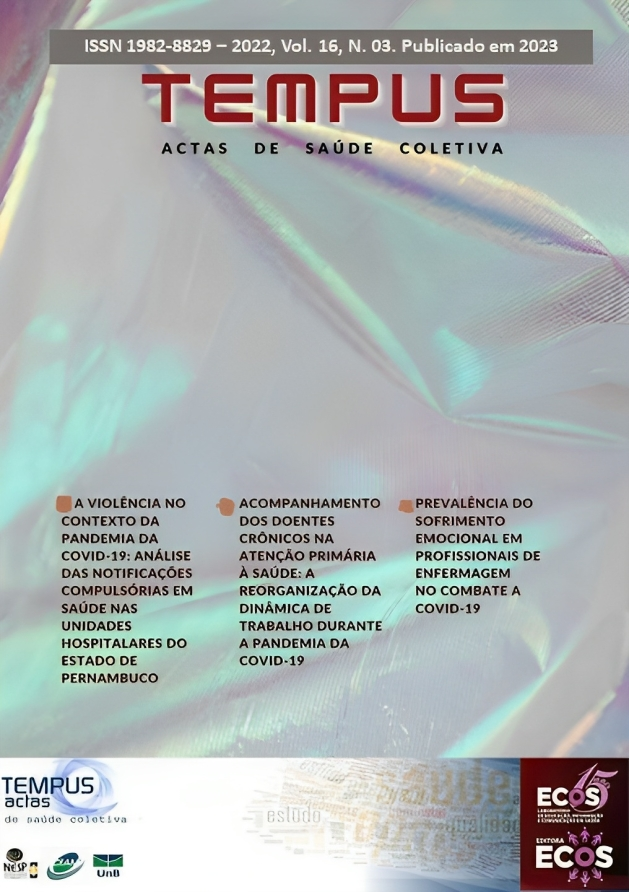Abstract
Purpose: To describe the impact of the implementation of the Community Health Outcomes Outreach Project (ECHO) in response to SARS-CoV-2. Method: A descriptive documentary study that used the University of New Mexico's iECHO databases related to the "Infection Prevention and Control" program to analyze its impact. Two collection instruments were used for secondary data. Results: Analyzed two cycles of sessions, with 199 and 127 participants, from 18 Brazilian states and 4 Latin American countries, in the first and second cycle, respectively. Regarding impact, 58.4% of the participants mentioned having some knowledge before the session, and after the session 65.7% of the participants indicated having a lot of knowledge about the approached topic. Regarding the relevance of the sessions, 56% of the records indicated that the participants considered it extremely relevant. On the other hand, 95% of the answers indicated that the sessions were well balanced, when related to the lecture and interactivity variables. However, according to the records, 89.7% of the participants would "most likely" recommend the sessions to a colleague. Conclusion: Through the analysis it was possible to verify the positive impact of the implementation of Project ECHO in response to SARS-CoV-2. However, there was expressive participation of professionals from several states, including some Latin American countries.
A Tempus garante critérios rigorosos, por meio de avaliação sistemática. Os autores se responsabilizam pela veracidade e ineditismo do trabalho cabendo a eles a cessão de direitos de publicação à revista. A confiabilidade dos conteúdos e a marca própria de apresentação tem como objetivo uma comunicação personalizada, adaptada aos padrões da revista, na medida em que adota critérios de excelência exigidos por seus usuários e especialistas, considerando os rigores da comunicação científica. Os autores devem especificar sua contribuição individual na concepção, delineamento, execução do trabalho, análise ou interpretação dos dados, redação e aprovação final do manuscrito. Incluir Fontes de financiamento e de apoio logístico das pesquisas. Ao final da submissão do artigo, os autores devem enviar uma declaração de cessão de direitos de publicação à Revista TEMPUS , assinada e no formato PDF (Portable Document Format ): Modelo da declaração de cessão de direitos.
